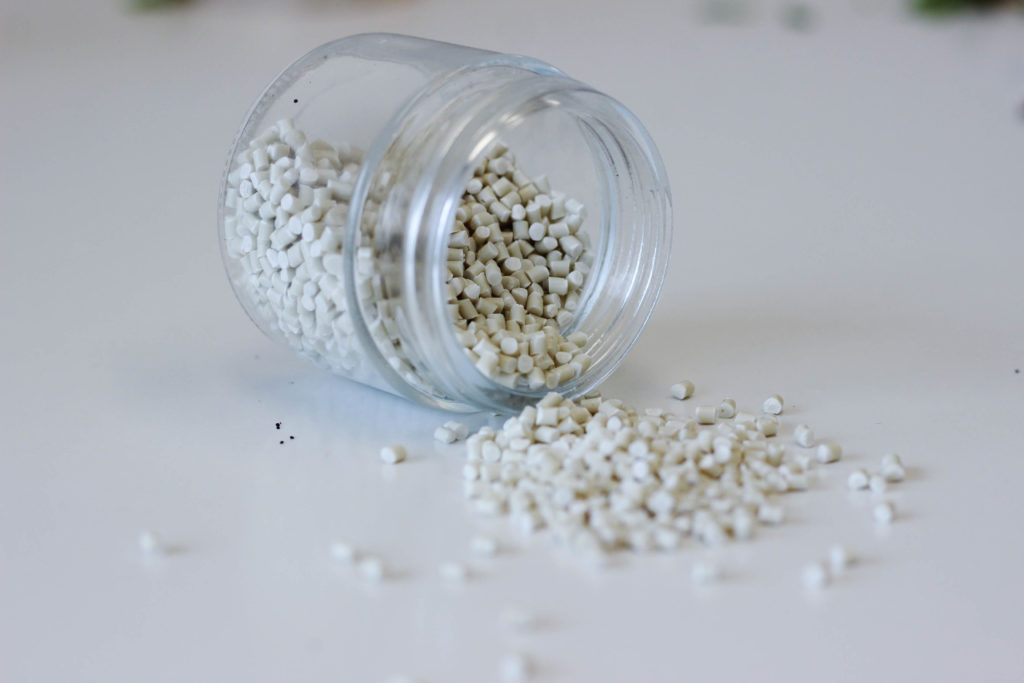400 million tonnes of plastic waste is produced annually. Much of this waste comes in the form of single-use plastics that can take decades, or even centuries, to decompose in landfills. Entrepreneurs like Nuha Siddiqui, CEO and Co-Founder of plastic alternative company erthos, are leading the charge in finding solutions to reduce plastic waste.
The waste produced by the disposal of single-use plastic products is only one part of the problem. The manufacturing of single-use plastic products also has a significant environmental impact, resulting in 27 trillion liters of water wasted, 3.3 million gigawatts of energy consumed, and 900 million tonnes of carbon dioxide emitted annually.
The enormous amount of plastic waste and negative environmental impact are a big part of what has created the need for eco-friendly plastic alternatives, such as those developed by erthos.
“It’s hard to replace something that has become such a fundamental part of so many aspects of our lives,” said Siddiqui. “But we know that something must be done before it is too late. Otherwise, this damage will only become even more catastrophic.”
Why erthos plant-powered resins are more eco-friendly than traditional plastic resins
To create their plant-powered resins, erthos uses certified novel biobased materials that are tree-free, compostable, microplastic-free, and uses zero-food sources. This ensures that they are achieving their environmental mission in three ways: one, by ensuring that the materials are compatible with the ecosystem in which they degrade; two, by reducing the overall environmental footprint of traditional plastics; and three, by ensuring their products are not taking away or competing for food sources.
What makes erthos’ resins a viable alternative to existing plastic inputs is that they are a one-for-one solution. The erthos resins are fully integrable with existing manufacturing technology, meaning that manufacturers do not need to invest in specialized equipment to convert to producing goods with erthos’ plastic alternatives.
“The upfront costs of sustainability have been a slowing factor in several industries,” explained Siddiqui. “At erthos, we have created a product that can be used in combination with existing technology, which makes it much easier for manufacturers to use our resins.”
According to Siddiqui, erthos believes that focusing on small but pivotal single-use plastic parts can make a big difference in the greater scheme of things. After all, annual plastic waste per capita can range from 221kg (487 lbs) in the United States to 69kg (152 lbs) in Japan and Korea. With each person producing a gigantic amount of plastic waste per year, any difference that can be made to prevent plastics from stuffing our landfills can make a significant impact.
Starting small to make a big impact
The first item that Siddiqui and her team at erthos set their eyes on creating a sustainable alternative for was the packing peanut. These small pieces of styrofoam may not seem like a big deal at first, but their lightweight nature means that they are hard to contain. To make matters worse, each individual plastic peanut can take 500 years to decompose in a landfill. Finding an alternative to this product was a mere class project for Siddiqui during her time as a student at the University of Toronto, but has since inspired her to aim higher and form erthos as a startup.
Presently, erthos is working to expand into several different industries, from consumer goods to fashion and more. Recently, erthos has partnered with AB Inbev, which brews Budweiser, Corona, Modelo, and more, as part of their 100+ Sustainability Accelerator program to produce sustainable alternatives to traditional single-use plastic keg caps, another small piece of plastic whose larger impact on overall plastic waste is significant. This is a product that not many people have thought of as being essential to replace, which makes it a perfect target for erthos: it’s something non-degradable that is thrown away after one use. The accelerator program selected Siddiqui and her company as some of the most promising minds working to fix some of the most pressing sustainability issues facing our world today.
As Siddiqui explains, erthos’ goal is to realize a world that is entirely free of plastic pollution. While this is undoubtedly an ambitious task, Siddiqui’s company is setting out to achieve this by building a platform approach for better materials focusing on smaller plastic items that significantly contribute to the overall amount of plastic waste that is produced by our society annually. This is the first step in taking the action necessary to create a greener world and a more sustainable future.
